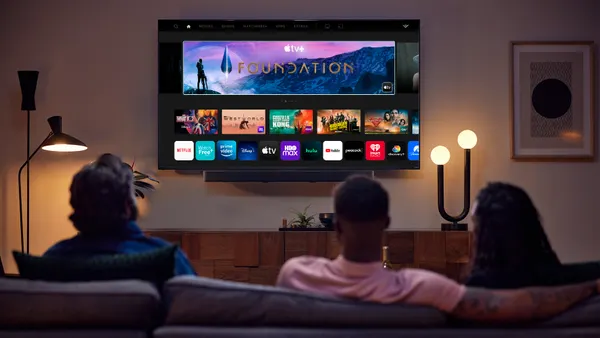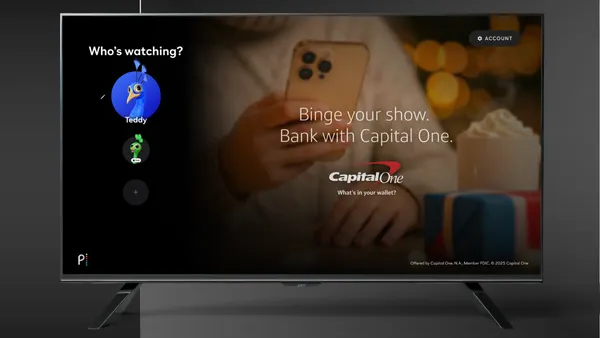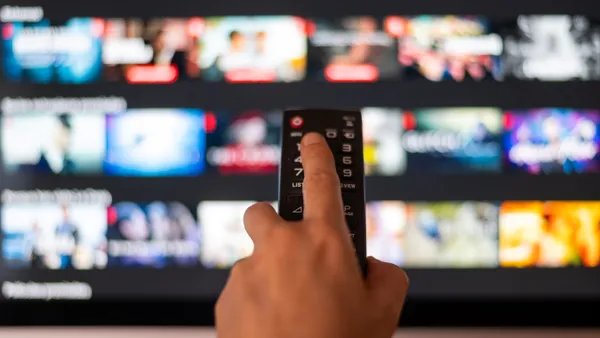Dive Brief:
- Hearst is trying out more interactive content for Amazon's digital assistant Alexa with the voice of Oprah Winfrey, according to The Wall Street Journal. Hearst publishes O, The Oprah Magazine, which is one of its more successful brands.
- The project is called "O to Go" and has Winfrey reading 90 snippets from her book "What I Know for Sure," though users can only listen to one per day. It is a joint venture between The Oprah Magazine and Hearst's Native & Emerging Technologies team.
- "O to Go" is one of three products that Hearst has created for either Alexa or Google Assistant. For now, the publisher isn't advertising on its digital assistant offerings, and neither Hearst nor Amazon are paying each other for the Oprah content.
Dive Insight:
Marketers and publishers alike are still testing the waters of digital home assistants and how consumers want to interact with the technology. While adoption of intelligent home OS software like Alexa and Google Assistant is set to accelerate, it's very much early days, with skills and content potential still being figured out.
Adding an A-list celebrity element to the mix is a smart move, especially since Oprah has such a loyal following. Her brand name has managed to turn O, The Oprah Magazine into one of Hearst's big hits, with Fortune once calling the then-fledging title "the most successful startup ever in the industry." The tie-in could help Hearst drive use that will help it gain meaningful insight into how consumers engage on smart devices at home.
In a way, publishers have it easier than brands on digital assistants, because their way of reaching out is through pure content rather than ads. "O to Go," for example, joins Hearst's Good Housekeeping tool for Alexa that provides service-y functions like helping people remove wine stains from carpets, per the Journal.
So far, actual marketing via digital assistants and home devices has fallen flat, with a promotion for Disney's "Beauty and the Beast" on Google Home viewed as intrusive. Just yesterday, Burger King released a TV spot that automatically activated Google Home devices without user permission — a functionality that was also deemed problematic and removed less than three hours after launching.












